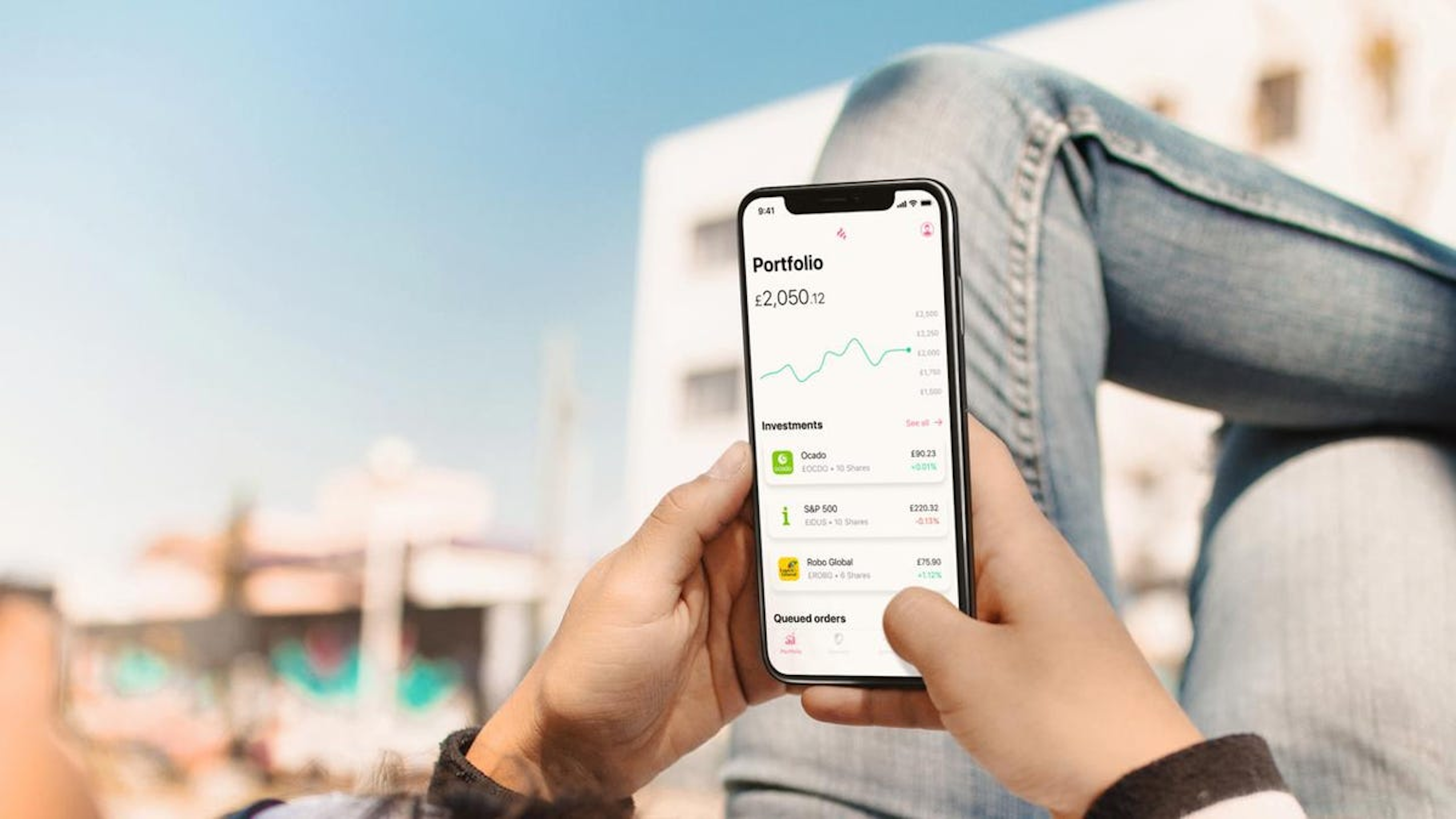Culture plays such a fundamental part in the sustainability of an organisation. However, the values that underpin that culture may not be codified, so it’s important to make sure they are understood by all its employees.
We sat down with Head of People at Freetrade, Amy Gilman to discuss the five values that have driven the company’s success and how they were articulated.
Our co-founders Adam and Viktor instinctively knew culture was important, and they appreciated the value of articulating that in some way, to help ensure it was fully understood and bought into by everyone from the start.
As our first product was released onto iOS in October 2018 and throughout 2019, Adam and Viktor hired more people, and discovered first-hand that without cultural alignment, there can be challenges.
They were honest with the team and pointed out some of the hard lessons they’d learned. They acknowledged the importance of cultural alignment from who they’re hiring to how they built relationships with customers. At the end of that year, they took the whole company on an away trip to Lanzarote, where the team were invited to help articulate what the cornerstones of the Freetrade culture were, and how to communicate that to customers, plus current and future employees.
This means that, to this day, the team have shaped what Freetrade stands for, the values we hold dear and how we expect it to translate to behaviours. It goes way beyond words and a tick box exercise. As a result, the team have all built the people experience Freetraders have globally.
Candour and Humility
Candour is about transparency. This tends to mean sharing a lot of feedback with each other. We have got to be open to that feedback (or, even better, seek it out in advance!), receive it in the spirit with which it is intended and be willing to improve as a result. This is where humility comes in. It is the ingredient that helps us all learn from feedback so that we can constantly iterate what we are doing as we build the business globally.
Curiosity
You can’t disrupt to the extent that we are looking to without being a fundamentally curious person. There is a reason why lots of companies are not doing what we are doing; because it is hard! There can be a lot of complexity, and with so much that has never been done before, we must learn along the way. Having a curious mindset helps us solve complicated problems so that we can deliver our mission to get everyone investing.
Focus
Focus is about sweating the details to deliver quality work that can be trusted by our customers. This is particularly important in a business like ours because we are regulated. Lots of FinTechs prefer to think of themselves as a technology business that dabbles in finance. Freetrade is a financial services business, driven by technology. We are or are becoming regulated across multiple regimes and locations. This means there are certain parameters within which we have to operate. For example, when we launched SIPPs, (Self Invested Personal Pensions) in the UK this year, we took feedback from different stakeholders to ensure we delivered a product that matched those parameters.
You cannot go out to market as a regulated business with a product that doesn’t inspire confidence. Customers need to feel like their money is going to be well looked after. Our people are really detail oriented, and they work this way at pace because of the rate at which we are moving. That takes focus.
Grit
This final value epitomises what it means to be a Freetrader. Grit can be dismissed as one of those snazzy startup words, which isn’t the case here. At Freetrade, it means being relentlessly resilient and having a dogged determination in everything we do.
We refuse to give up. If we believe it’s right for our customers, if we know it’s right for our people, there has to be a solution, even if no one has found one before. Even if we have to try it multiple times, we will keep going. A really good example of this is our European expansion. Our original plan for our European HQ was Luxembourg. We did all of our due diligence and we picked Luxembourg because the regulatory regime is the most similar to the FCA in the UK. We felt this would make European expansion a lot more scalable.
When we realised this was not possible, we looked at the other two options explored during due diligence: Amsterdam, or Sweden. We chose Sweden for its regulatory regime and Stockholm is very much a hub for tech talent, plus financial institutions that are highly respected.
We’re making great progress with this. It was never an option to say “let’s put this Europe idea on ice and come back to it in a year’s time.” We have a timely opportunity to become an iconic, generation-defining Financial Services company, so we had to go again straight away. We had made a promise to our customers, community, investors and people so we had to deliver, and we are delivering
Grit fuelled us all the way.







